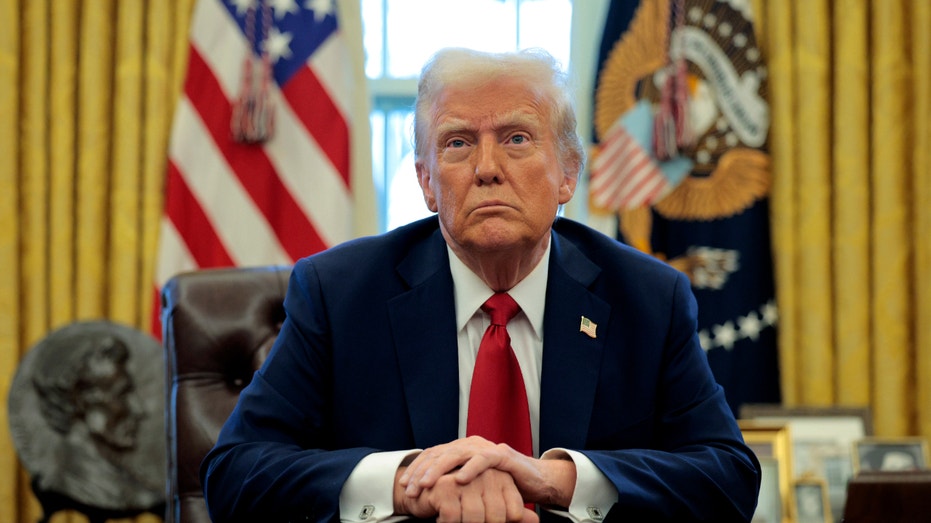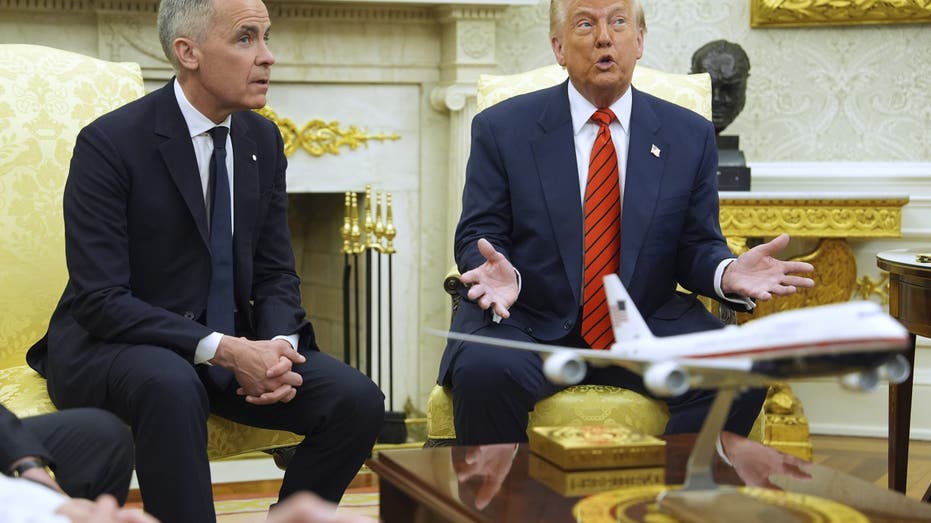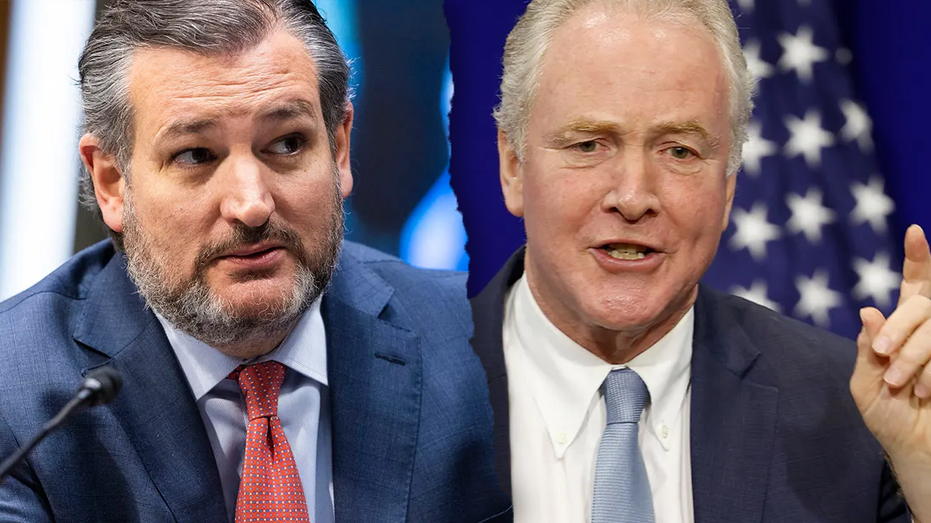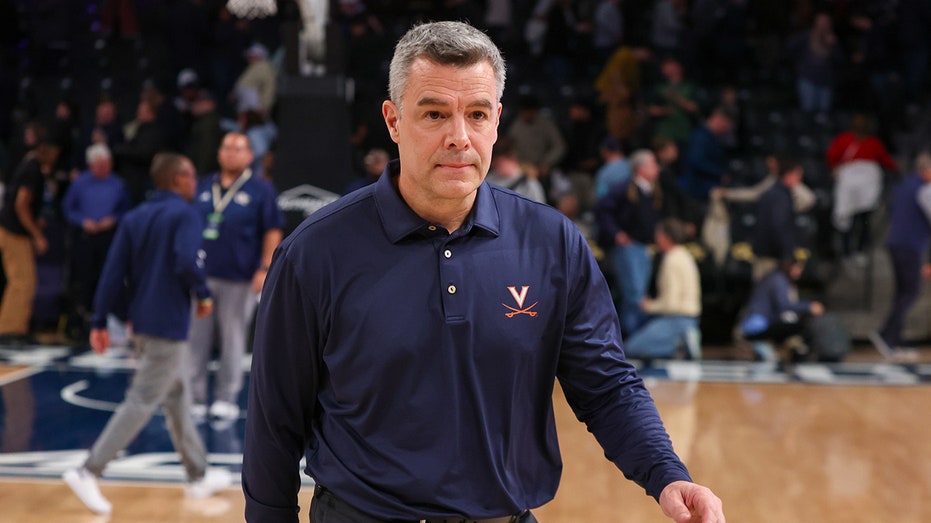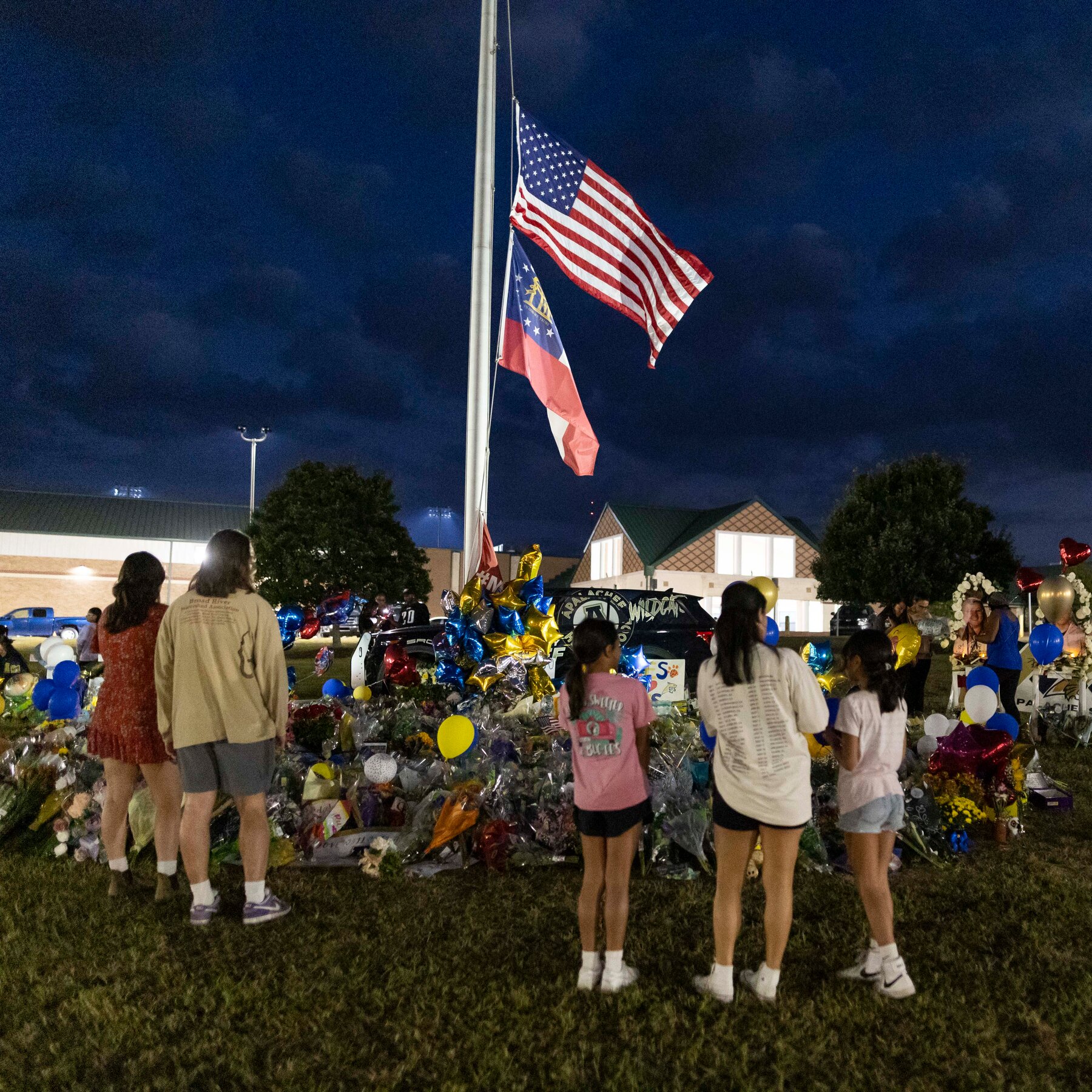There is a hierarchy of troubles, a hierarchy that applies to individuals, families, communities and governments.
The least of troubles are worries. Anxiety about potential events higher up the pyramid of troubles are a feature of the human conditions.
Irritations or annoyances are the next step up on the ascending scale of trouble and they can be wearying or brief —a bad boss or an illness that keeps you home for a few days is an example from the world of individuals. A power outage that is brief is from that category applied to, say, a city.
Problems are the next step up: some for individuals are illnesses, chronic and acute —genuine problems to be managed, conditions or conflicts that dog your days. Losing a major employer from a state is of this category for that state.
Problems are not, however, crises. Crises are the sort of facts and enduring patterns of facts, either personal to you or your family or close friends or to any sort of government that throw your or their world into confusion and pain. Examples would be an illness that went spiraling, violence against you or a loved one, debilitating addictions, bankruptcy for a local or county government, or espionage against the national government.
CLICK HERE FOR MORE FOX NEWS OPINION
Then there are tragedies—genuine, awful tragedies. They are the worst of life’s troubles and there is nothing immediately to be done for any one person or group but grieve, and the mourning cannot be rushed. When a tragedy befalls a friend or family, follow the advice of the late Rabbi Harold Kushner, who wrote the long-ago bestseller, When Bad Things Happen To Good People: “Show up and shut up.” Do not tell people you know how they feel because you don’t. Suffering a tragedy is always a unique experience for every victim.
Governments, in sharp contrast here to the world of individuals, have to react, and quickly when its actors are responsible in whole or part for genuine tragedies. The country is reeling after a string of January tragedies: a terrorist attack in New Orleans in the very early hours of the New Year that saw 14 murdered; the fires in Los Angeles that killed dozens and left so many homeless, the homes around which their lives and the many generations of family life had centered; then last week the midair collision of a plane and a helicopter in the sky over the Potomac which killed 67 and then the crash of a jet in Philly that killed at least 7.
LARGEST STEEL PRODUCER IN US ANNOUNCES SUPPORT OF TRUMP TARIFFS
2025 was a month of tragedies, each unique but each with a through line: a failure of government when it’s essential mission of public safety was compromised, one that resulted in terrible tragedies for individuals and families: The bollards that ought to have protected Bourbon Street were down and broken, awaiting repair in New Orleans. The Santa Ynez reservoir in the Palisades neighborhood of LA was empty because of a tear in its cover discovered months earlier, and because the water system failed, fire hydrants failed. We don’t know what happened in D.C. or Philadelphia, but air disasters always have at least one vector to the government as the rules of who flies, when and where are within the writ of the federal government.
We all have troubles, but I and most Americans don’t have any about the worry or irritant phase. But government at every level seems deeply troubled by incompetence that is systemic. This has always been for every government ever recorded, but since the Progressive Era, Americans placed a huge bet on the proposition that bigger and bigger government could solve most if not all of its citizens’ problems.
President Ronald Reagan, upon taking his first oath of office, declared in 1981: “In this present crisis, government is not the solution to our problem; government is the problem.”
President Donald Trump, upon taking his second oath of office, promised a new Golden Age of America, and has since frequently referred to using common sense since he returned to office. The application of common sense is at least a significant part of the answer to our systemically flawed and massive federal, state and local governments: common sense, not rules upon rules and laws that demand more rules.
The common sense approach is that government must, at every level, aim for the more modest and traditional objectives citizens cannot provide for themselves: security from our enemies abroad—China, Iran, Russia, North Korea and various proxies and terrorists; a border secure against uninvited migrants and police at every level restoring basic safety in every setting;
The first step in each of these tasks at every level is to focus on tragedy and crisis avoidance and sometimes response. Every single employee at every level of government who is not involved in the front line of that large but not undoable mission needs to be considered, in the words of the COVID-era crisis, “non-essential.” There has to be a massive shrinking of government to allow essential and priority missions to be just that.
President Trump appears laser-focused on slicing away the barnacles on the federal government and on gaining control of useless or at best minimally useful bureaucracies that suck resources and divert attention from the core responsibilities of government.
One example: Many states have realized as well that public education has collapsed in many places and radical surgery is a must. Tennessee last week to a big step towards freeing or keeping free 20,000 students from public schools their parents have fled via an expanded voucher system. The “Nation’s Report Card” which posted last week revealed not a problem but a crisis in literacy across all grades. Common sense requires this be recognized and dealt with utilizing radical steps such as universal school choice or a cut-off of federal funds to public schools that do worse than “not work,” but which also indoctrinate their students in absurdity and ideological extremism.
Trump has made a bold start and taken controversial steps. Some will be rejected by the Supreme Court. Some will be upheld. Others are already working: Deportations of violent criminals and the massive presence of federal personnel at the southern border have sent a message that has been received all the world over and will quickly and continually result in fewer migrants risking the illegal crossing. The tariffs Trump is employing on the three nations whose laws and export controls are responsible for hundreds of thousands of fentanyl deaths in America are now being punished via tariffs and that is the first step towards reducing the flow of the poison into the U.S.
Everyone and every government has troubles. Our federal government appears finally to be taking steps to address some of the crises that plague us because that government has failed in whole or part. Bravo.
Hugh Hewitt is host of “The Hugh Hewitt Show,” heard weekday mornings 6am to 9am ET on the Salem Radio Network, and simulcast on Salem News Channel. Hugh wakes up America on over 400 affiliates nationwide, and on all the streaming platforms where SNC can be seen. He is a frequent guest on the Fox News Channel’s news roundtable hosted by Bret Baier weekdays at 6pm ET. A son of Ohio and a graduate of Harvard College and the University of Michigan Law School, Hewitt has been a Professor of Law at Chapman University’s Fowler School of Law since 1996 where he teaches Constitutional Law. Hewitt launched his eponymous radio show from Los Angeles in 1990. Hewitt has frequently appeared on every major national news television network, hosted television shows for PBS and MSNBC, written for every major American paper, has authored a dozen books and moderated a score of Republican candidate debates, most recently the November 2023 Republican presidential debate in Miami and four Republican presidential debates in the 2015-16 cycle. Hewitt focuses his radio show and his column on the Constitution, national security, American politics and the Cleveland Browns and Guardians. Hewitt has interviewed tens of thousands of guests from Democrats Hillary Clinton and John Kerry to Republican Presidents George W. Bush and Donald Trump over his 40 years in broadcast, and this column previews the lead story that will drive his radio/ TV show today.


